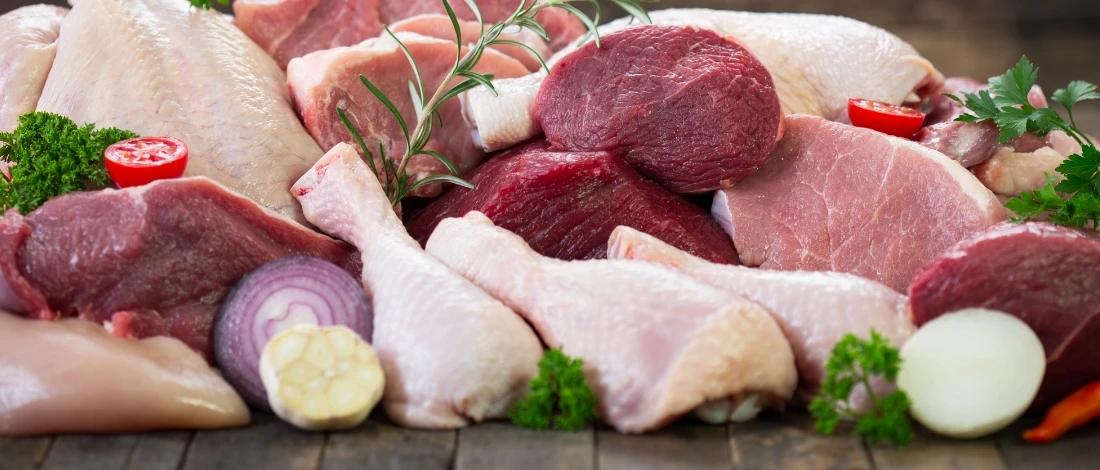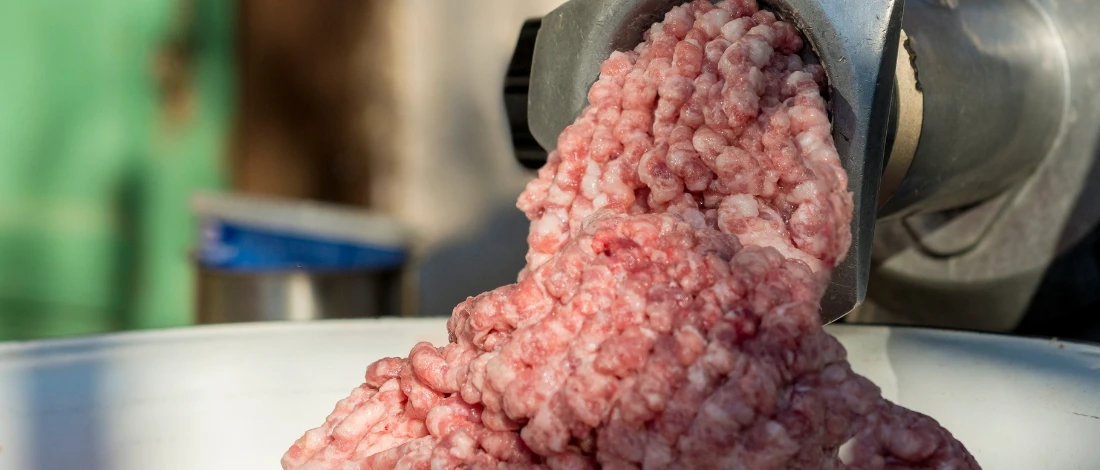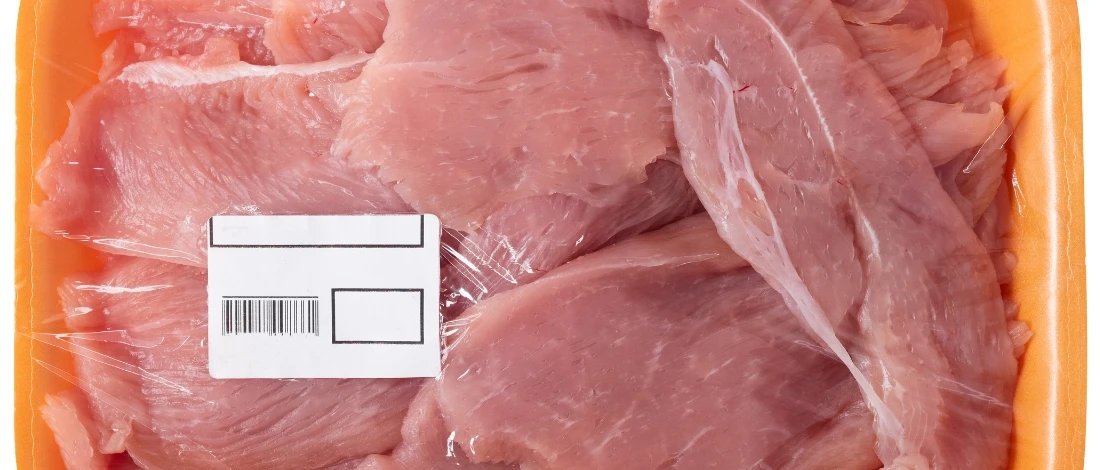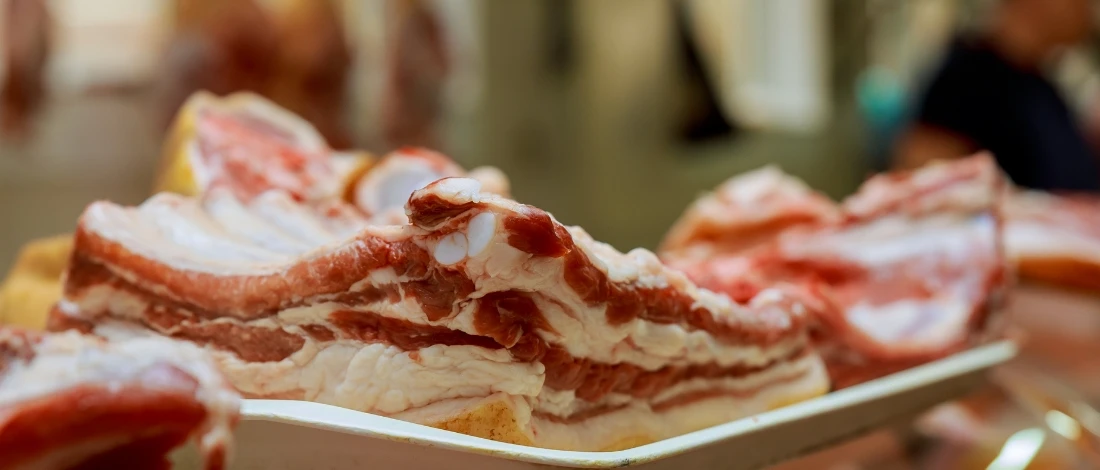Undercover Investigation Exposes “Humane”-Certified Meat Industry’s Deceptive Practices
The notion of “humane”-certified meat has become increasingly popular, appealing to consumers who believe they are supporting animal welfare with their purchasing choices.
However, an undercover investigation conducted by Animal Outlook has revealed that the practices on “humane”-certified farms may not align with consumers’ ethical expectations.
The investigation specifically focused on Foster Farms, one of America’s largest poultry suppliers, which claims humane treatment of its animals under the American Humane certification. The findings paint a starkly different picture.
Unveiling Harsh Realities
Foster Farms’ marketing portrays chickens roaming in open fields. In reality, most birds remain in crowded warehouses.
As the undercover investigator from Animal Outlook described, the conditions were far from humane: workers were documented roughly handling birds, stuffing them into crates, and even injuring them with forklifts.
These shocking scenes call into question the integrity of American Humane’s certification, which ostensibly validates these practices as humane.
Animal welfare expert Gail Hansen shared with Vox, “They’re feel-good words, but they don’t have any real meaning,” criticizing terms like “cage-free” and “no added hormones,” which are inherently misleading.
Foster Farms’ certification allows them to use buzzwords without significantly changing the farming process, exploiting consumers’ trust with comforting yet empty claims.
Regulatory Loopholes and Lack of Accountability
Part of the issue lies with the USDA, whose regulatory framework permits companies to define “humane” practices themselves, requiring only a basic form submission rather than mandatory audits.
The USDA’s approval process has been described as an “honor system,” failing to ensure transparency or accountability.
As Cheryl Leahy, former executive director of Animal Outlook, noted, cruelty is often “woven into the culture” of such companies, prioritizing volume and speed over animal welfare.
The Challenge of Humane Certification Standards
This investigation sheds light on a systemic issue in the certification process. Although the USDA suggests using third-party certifiers, the standards of certifiers like American Humane often mirror standard industry practices, which include overcrowding and rapid growth breeding.
This certification, critics argue, does little to address the fundamental suffering inherent to factory farming.
This investigation reveals a gap between consumer expectations and industry practices, highlighting the need for more stringent regulatory standards.
Until substantive changes are made, consumers may be unwittingly contributing to the very animal welfare issues they seek to prevent.
For a closer look at animal welfare in the meat industry, visit our homepage to stay informed about certifications and industry transparency.






